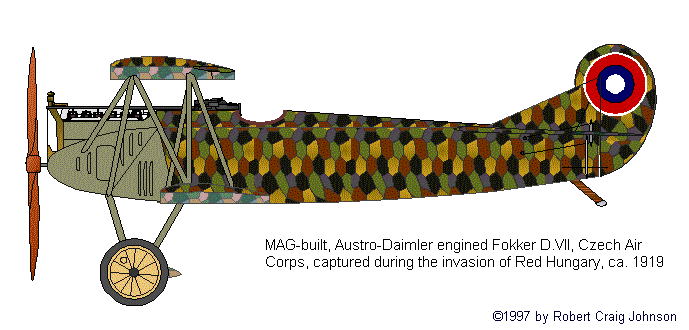The perpetrators of this devastating piece of aerial warfare were four Sopwith Camels of B Flight, No. 47 Squadron, Royal Air Force, part of the British interventionist force in south Russia during the Russian Civil War. The squadron was acting in support of the anti-Bolshevik White Russian forces, otherwise known as the Volunteer Army, under General Anton Ivanovich Denikin.
Allied intervention in Russia had started in early 1918, after the fall of the Romanovs and the collapse of Aleksandr Kerensky's provisional government, when the subsequent peace agreement between the Bolsheviks and the Central Powers threatened to release hundreds of thousands of German soldiers to reinforce the Western Front.
...
Ultimately this brought about well-intentioned but ill-coordinated Allied involvement with the United States and Japan (which pursued its own colonial agenda in the Far East) over four years in several parts of Russia
...
Number 47 Squadron was commanded by the redoubtable 28-year-old Canadian Major (later Squadron Leader) Raymond Collishaw (DSO, DSC, DFC), the third-ranking British WWI ace, with 60 victories. Collishaw arrived in Novorossisk in early June 1919 with a volunteer group of 10 officers and 255 airmen. He officially assumed command on June 13, only three days after the squadron's newly formed C Flight had departed on the 180-mile rail journey from Ekaterinodar to Velikoknyazheskaya to bolster the Whites on the Volga front.
...
Political expediency touched 47 Squadron on October 1, 1919, when,
owing to disquiet at home over the active involvement of a regular RAF squadron in support of the Whites, it was renamed A Squadron of the RAF's Training Mission.
The change was entirely cosmetic. The unit carried on with its unremitting attacks on Bolshevik troop concentrations, armored trains and river transportation. Keeping up the attrition of the Red air force, Kinkead sent a Nieuport down out of control on October 7. Two days later Collishaw destroyed an Albatros D.V. Other victories soon followed.




 Reply With Quote
Reply With Quote




 )
)












Bookmarks